Home>2025 Econometric Game: Our Master's Students in Economics Have Talent!
13.05.2025
2025 Econometric Game: Our Master's Students in Economics Have Talent!
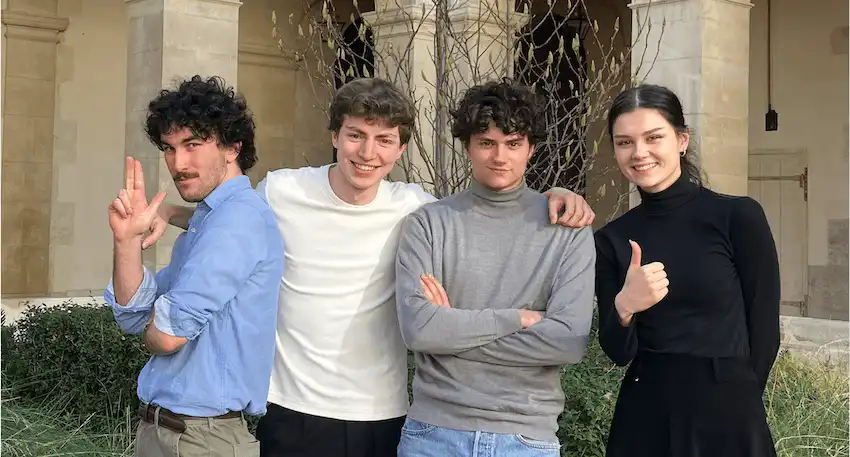
Congratulations to Etienne Compérat, Nathanaël Soulage, Jean Fontalirand, and Alexandra Anghel (left to right on photo), all four enrolled in the 2nd year of the Master in Economics at the School of Research, who qualified Sciences Po for the finals of the Econometric Game.
The Econometric Game: a global phenomenon
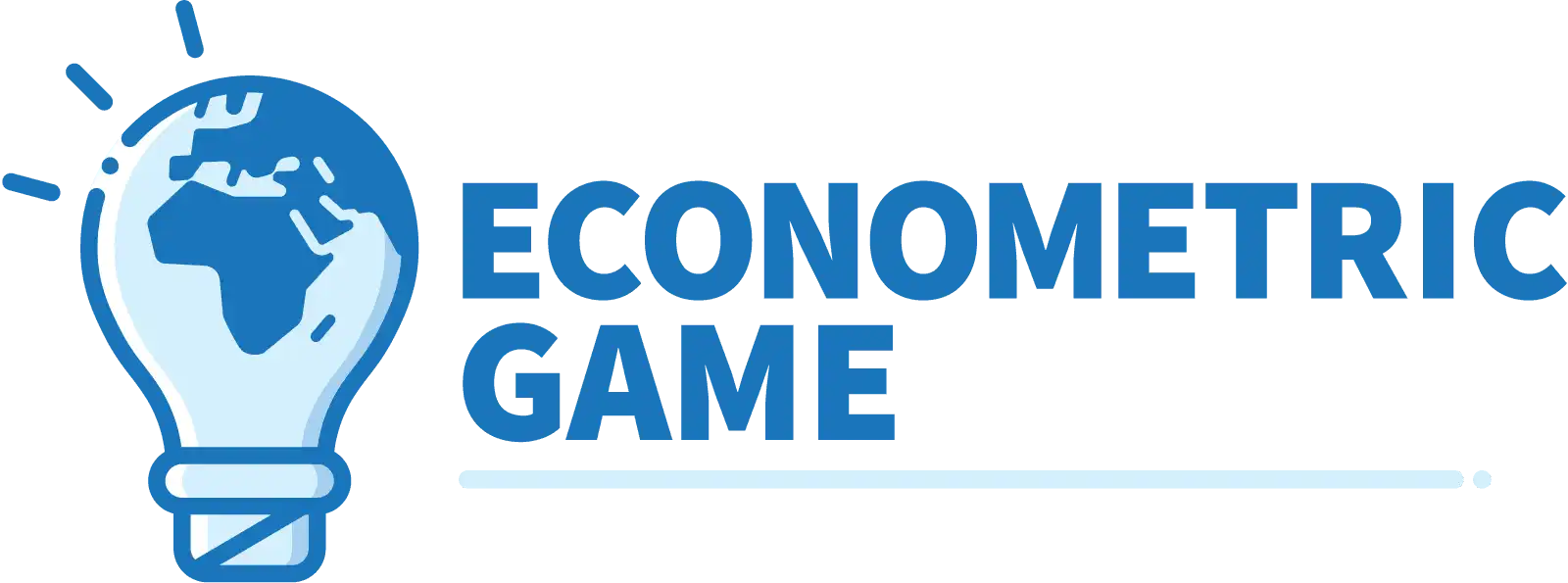
Every year, The University of Amsterdam hosts the Econometric Game, organised by the Study Association for Actuarial Science, Econometrics & Operational Research (VSAE). What began as a modest 1-day competition in 1999 between teams of six econometrics students from the two leading universities in Amsterdam is today a global phenomenon spread over three days!
Today the Econometric Game brings together delegations from 30 top universities from Europe, North America and Asia (see this year’s list of participating universities). Participating institutions send four of their best students specialized in econometrics at the Master’s level (but can send a maximum of two doctoral level students).
In 2025, France was well represented with four delegations but only Sciences Po’s made it to the final.
The 30 teams are then challenged to show their skills and talents to resolve a case-study over two days. Only ten teams with the best solutions continue to the third day – while the other teams enjoy a sight-seeing tour of Amsterdam, the finalists must solve a second case study.
The heart of the Econometric Game: the case-study
The heart of the of the Econometric Game lies in a thought-provoking case, designed by academics and industry experts, which mirrors a real-life critical global challenge thus allowing students to showcase not only their technical skills but also their ability to collaborate as a team and innovate impactfully.
This year our dream team buckled down for a grueling three days to estimate the probability (qualification round) and the intensity (final round) of "congestion" in the German electrical grid network.
Understanding and predicting ‘congestion’ is fundamental for the stability of electrical grid networks – and if properly managed, it can also help reduce costs. But optimizing congestion management cannot operate in a vacuum – other factors such as electrical supply, electrical demand, and electricity prices that in turn depend on variables such as climate, weather, geopolitical context, … complicate the construction of a predictive model.
Designed by two faculty members of Erasmus University Rotterdam, Anastasija Tetereva and Onno Kleen, as well as Alla Petukhina, a researcher at HTW Berlin and the Bucharest University of Economic Statistics with extensive industry experience, the case-study was a formidable challenge!
To resolve the case, Sciences Po students used machine learning techniques, based on meteorological, electricity demand and production data.
Qualifications for the final round rely on a 6-person jury – for the 2025 Econometric Game, the jury’s President and “case-maker” Anastaija Tetreva, and five other judges were faculty members of Erasmus University Rotterdam.
The grande finale and the Econometric Game Congress
The Econometric Game culminates with the convening of an Econometric Game Congress - the top teams are invited to present their solutions in front of their peers and the jury who not only looks for technical proficiency but also for creativity and innovation in solving the case. During the Congress, participating students are also given the opportunity to learn more about the case and the econometric methods required for solving it during a special lecture.
The Congress ends with the announcement of the winning delegation of the Game – the 26th edition of the Game was won by the delegation from the University of Warsaw.
The Department of Economics extends its warmest congratulations to our dream team and to the University of Warsaw – looking forward to renewing the adventure next year!
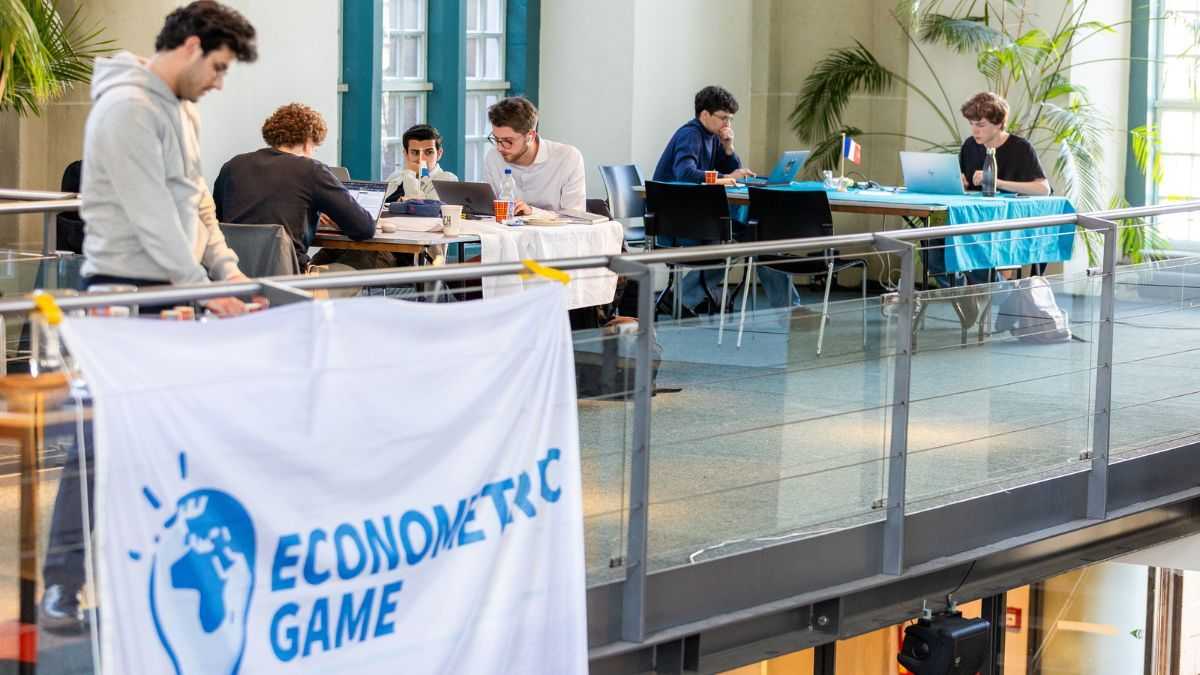

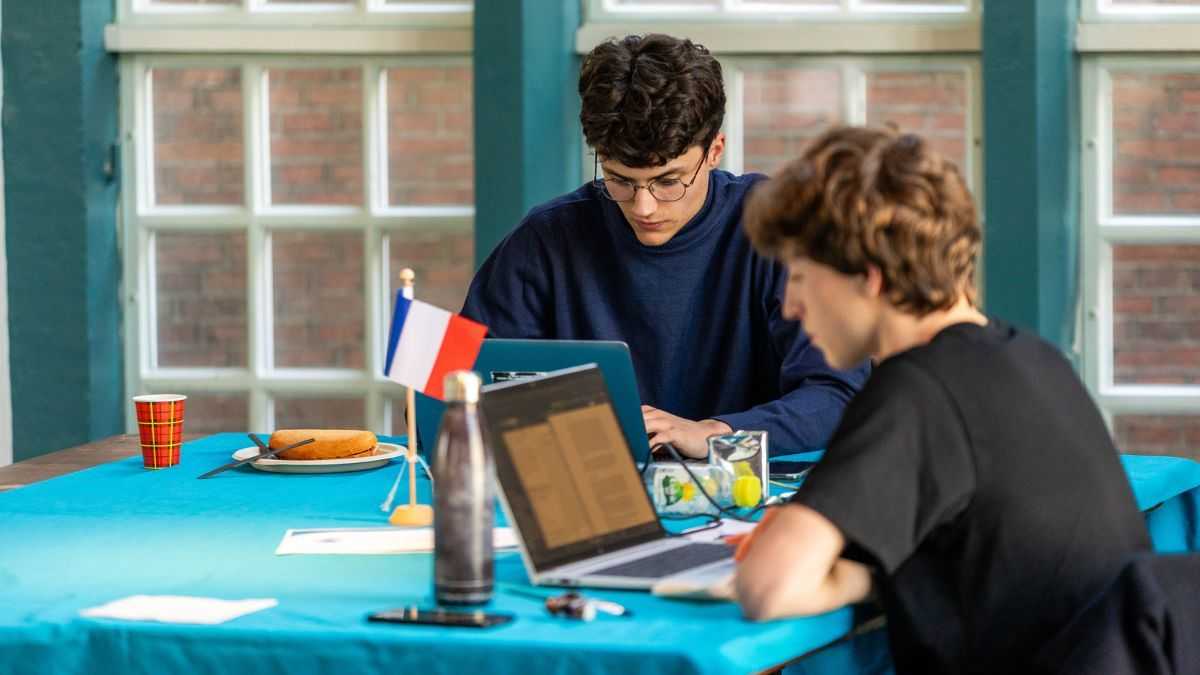
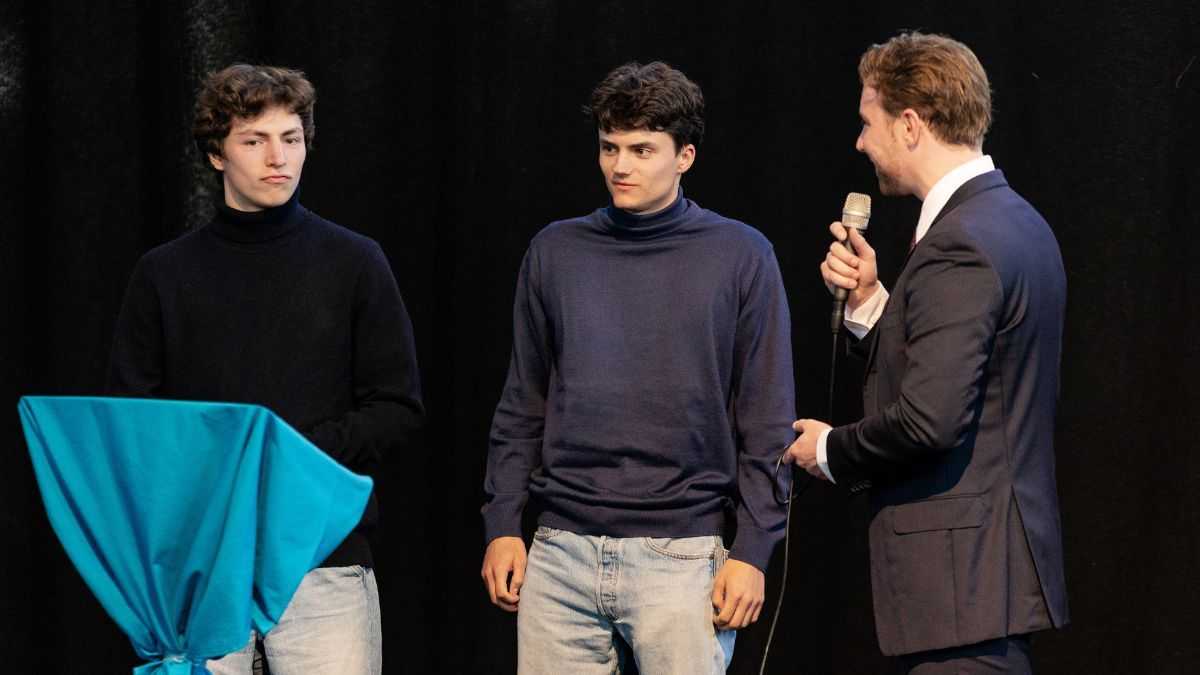
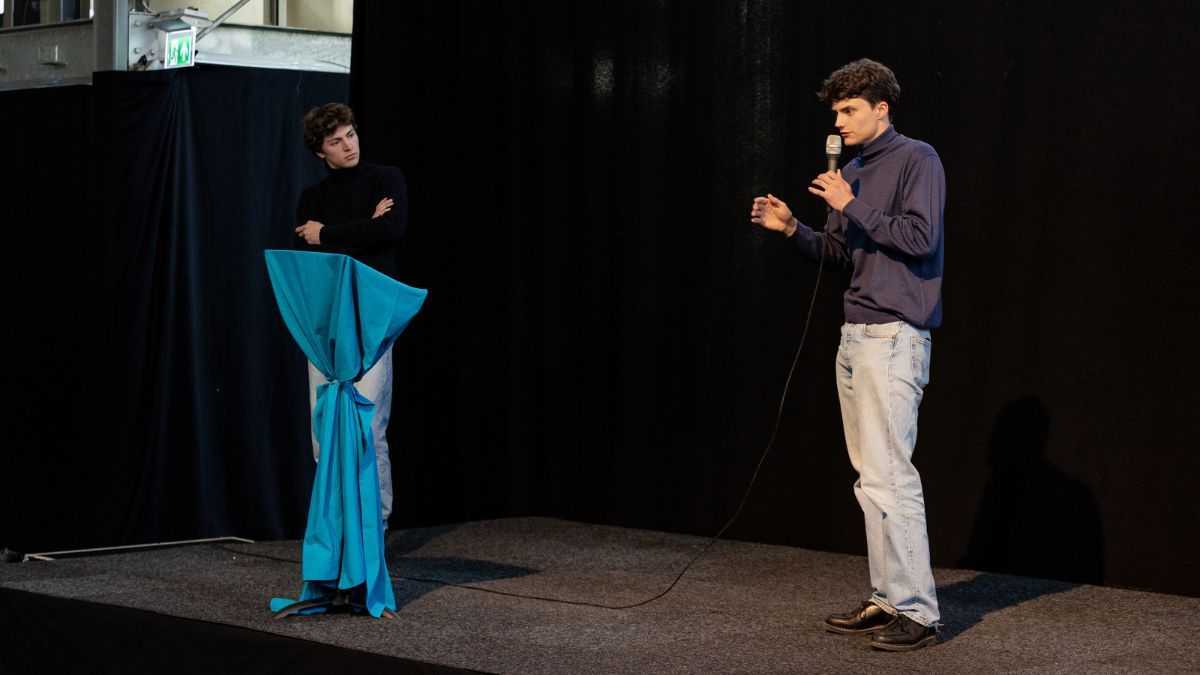
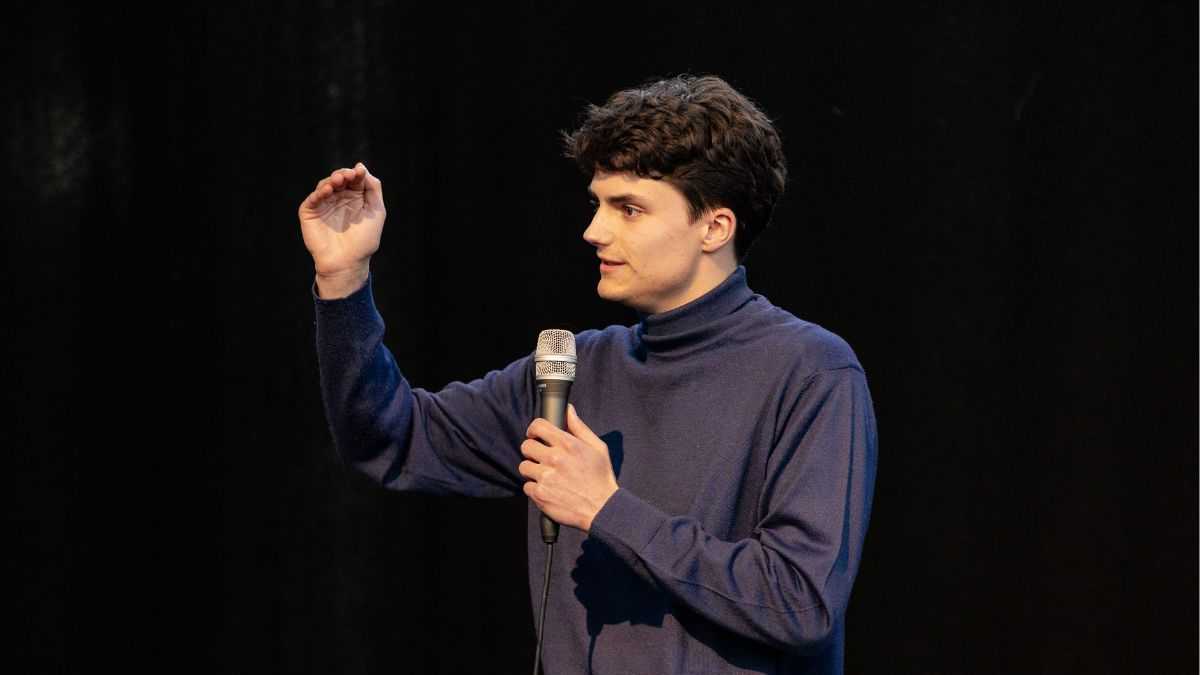
Our partners
Institutional partnerships for research and innovation
- CNRS
- Banque de France
- The CORE Project
- The Kellen Foundation
Other research centres
- LEPI
- LIEPP
- OFCE